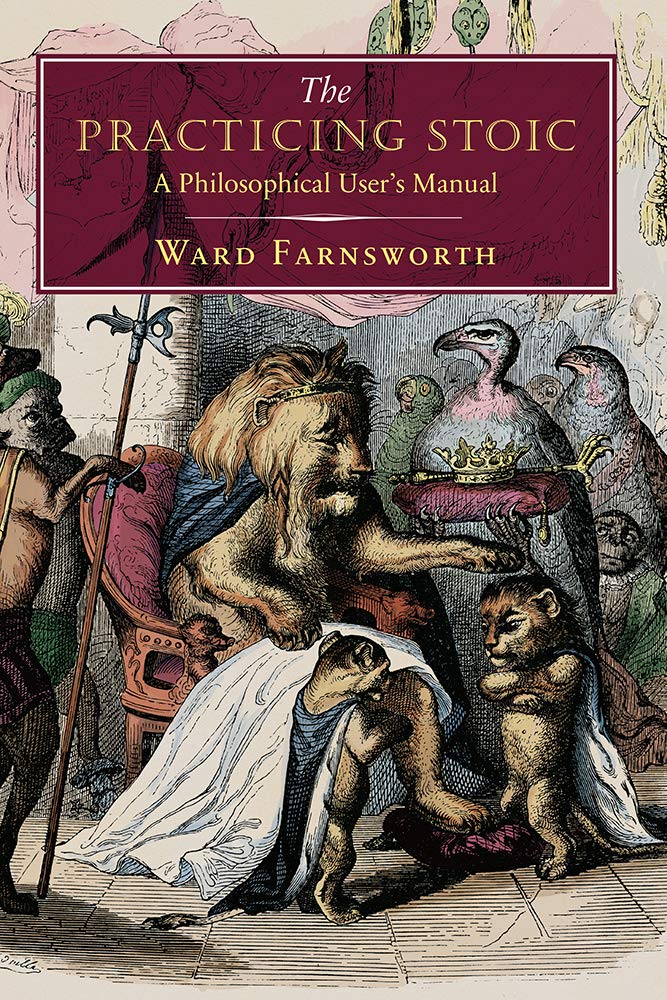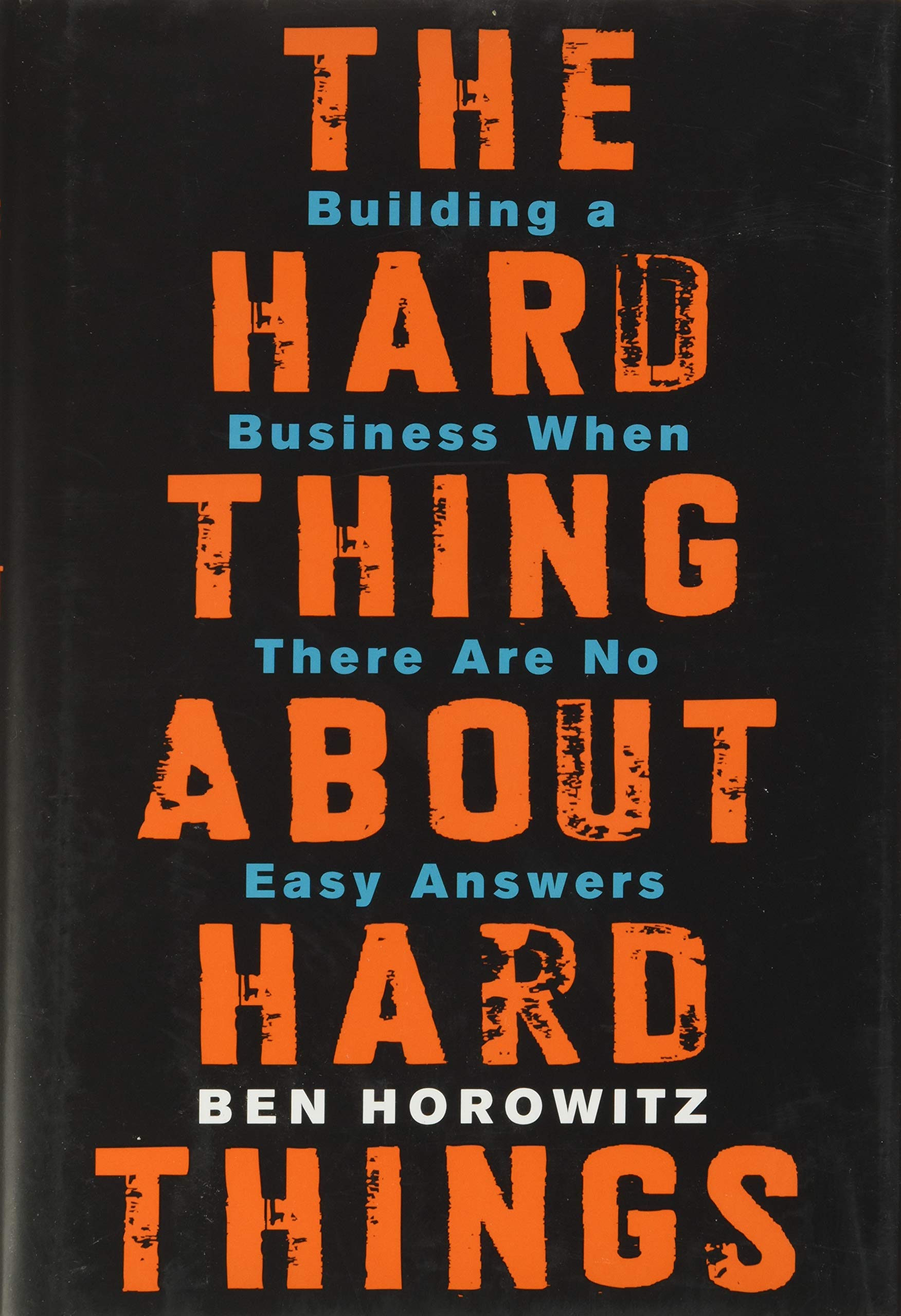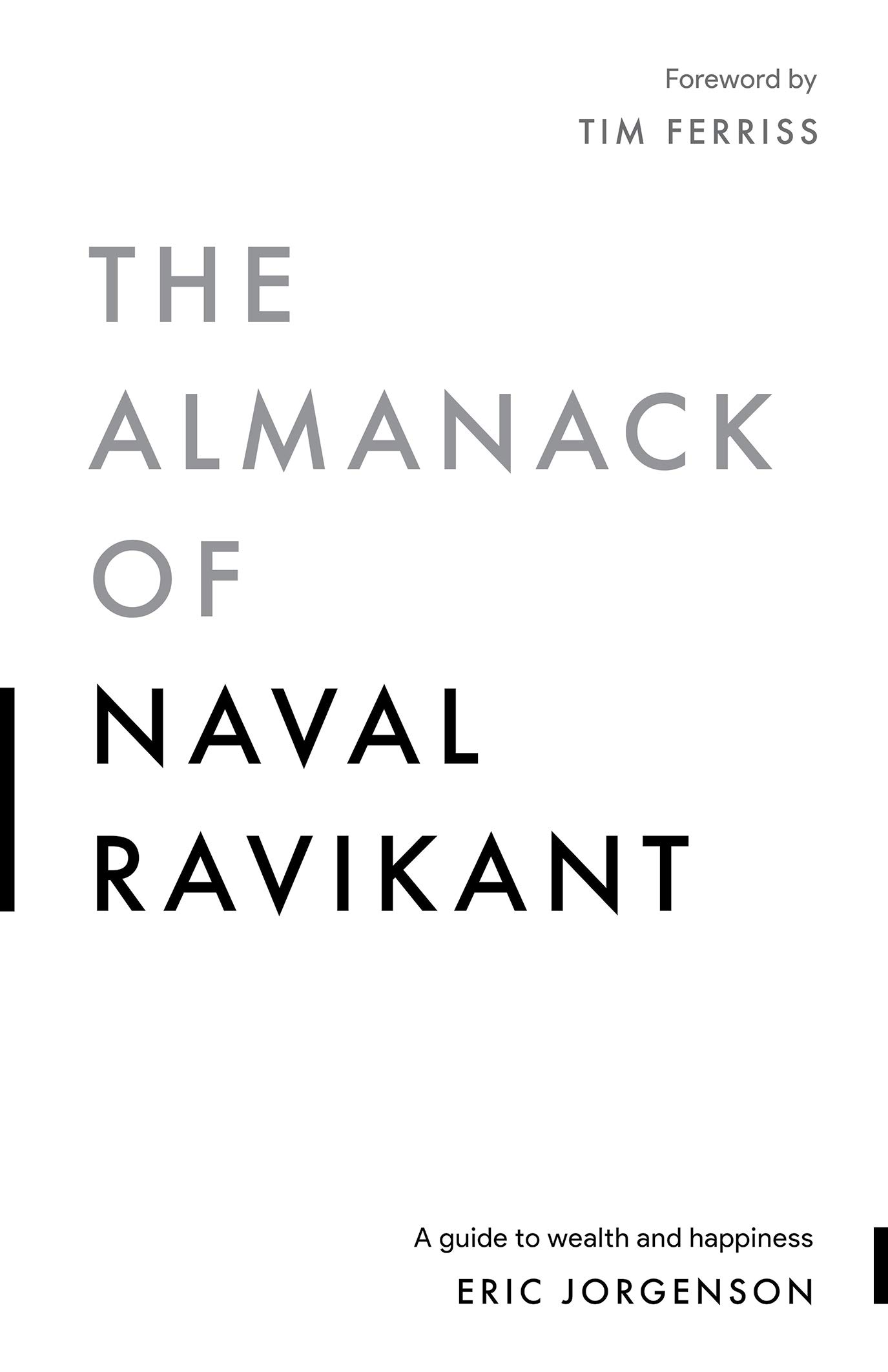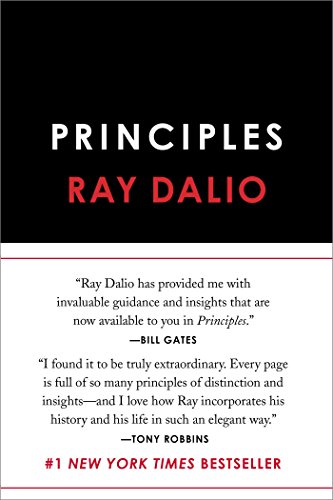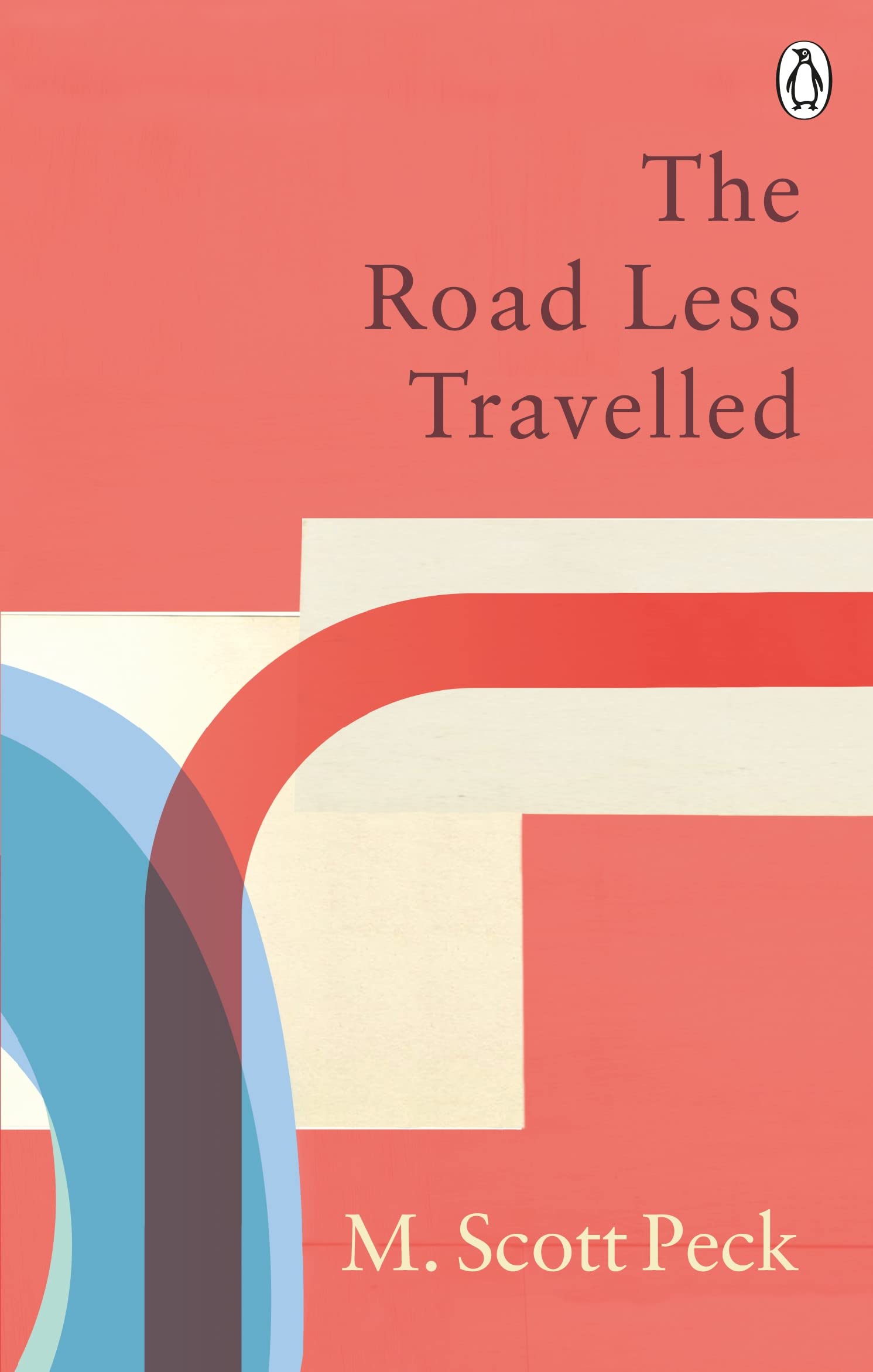Happiness is found not by having more, but by wanting less.
The practicing stoic by Ward Farnsworth. Taking the wisdom of the stoics is not easy: few rewarding things are. Stoicism lies somewhere between psychology and philosophy. This book is an excellent introduction. It was the first full book on stoicism that I read and it resonated with some of the most thoughtful insights from other texts I had read. This book focuses on the late Roman stoics (Seneca, Epictetus, Marcus Aurelius) rather than Greeks, as their writings are better preserved.
Key points:
- We react to our judgment of events, rather than to the events themselves, therefore our experience of the world is determined by our opinions and thoughts
- So, if you accept that your thoughts (and opinions) can change, so can your experience of the world, irrespective of the external circumstances you find yourself in
- It is important to separate what is and what is not within your control.
- Being attached to things we can’t control (‘externals’) results in negative feelings when they don’t happen.
- Contentment comes from wanting less, not from having more
- We can have a preference (‘preferred indifference’), but this is different to having our happiness dependent or not upon the outcome
- However it is critical to approach this with a moderation mindset and self-control
- Try to acknowledge all externals ‘as they are’ rather than assigning attributes and opinions to them.
- Being attached to things we can’t control (‘externals’) results in negative feelings when they don’t happen.
- Reflect on our relative insignificance in the world/universe by considering the big picture and the full stretch of time. This will help you let go of concerns about what may feel significant to you, but are unlikely to be important long-term.
- Accept that there is constant change in the world.
- Novel things are usually repetition of others
- Death is an external (i.e. we cannot control it) but meditation on it will also stimulate many virtues (e.g. humility, fearlessness, presence)
- Think of it the same way as time before birth. We are not fearful or saddened by the time before we were born so why should we feel the same about death.
- Death is a continuous, gradual, daily process. This should remind us to live in the present.
- We (almost always) have the choice of death and therefore are choosing life, even when otherwise feeling low.
- It is a common illusion that obtaining what we desire (if it is an external) will bring satisfaction but actually it just breeds further desire (and/or that we desire most what we can’t/don’t have).
- Closely linked to the concept of adaptation, where we no longer value something once we have it or don’t value the things we have enough.
- And related to envy, such that we want things (that we otherwise wouldn’t) only because someone else does.
- If we believe we can change our thoughts, then we can solve the problem of desire by changing our opinion on the external in question.
- Achieving acceptance of what we already have rids us of desire and therefore towards mental peace.
- Imagine a “market of problems”, most people would leave with what they already have, rather than trade for someone else’s problems
- The thing of greatest value is the truth, therefore consider things are they truly are, not as others value them
- Resist conformity, in almost all its forms.
- Practice to not need praise, which relieves you of the anxiety of judgment and allows the pursuit of truth or individual endeavours
- Be especially cautious not to seek out praise from those that we would not praise ourselves. (If you wouldn’t want praise from one individual, then why from a group of similar people.)
- Doing this helps us move towards what we want and our values.
- We misvalue many things. Generally undervalue the present, whilst focusing on the past and future.
- This is similar to trying to be happy (i.e. the present) with what we have, rather than chasing what we don’t (e.g. past/future)
- The present moment is both hard to truly perceive yet all that really exists. [Probably why being present has been a major focus of meditative practice for thousands of years.]
- Most under-value time, especially as it is the one asset that never be re-earnt.
- We misperceive our own faults, generally not seeing or acknowledging them.
- We then project our own faults onto others, therefore think about how we critique others to see the errors in ourselves.
- Emotions should be monitored to ensure that they are not detached from rationality and either due to (or prevent us from) seeing the world as it really is
- This is due to excessive attachments to externals
- Fear is typically caused by opinions about the future and therefore not grounded in reality or the present.
- Consider that unhelpful emotions (e.g. anger) are opinions.
- When they occur, acknowledge them, wait, and then let them go [this is a very Zen perspective on emotions]
- Accept that adversity is unwanted but inevitable then meet it without blame and without complaint.
- Aim to turn all adversity into something constructive, such as a chance to show strength of character (or humour)
- Approach adversity with humility as we generally take the short term view and it is difficult to see what will come from it eventually
- ‘I knew my son was mortal when he was born.’
- Before you judge your own misfortune, think about how we would react to someone else in the same situation.
- Overall aim is to live a virtuous life that provides value for others and a place in society, which, secondarily brings happiness.
- Therefore happiness is found whilst in pursuit of something else (particularly logic and service/kindness to others).
- Be consistent in all of the above, including thought and action (i.e. demonstrate integrity)
- Learning stoicism is slow and difficult; best done by living it, rather than talking about it.
- Most will not invest enough effort into development of the mind, yet would do so for physical training.
- Do personal reflection on your performance daily. Imagine you are external to yourself and assessing.
- Act as though you had been in this situation 1000 times and could select the best way to proceed [similar to Viktor E. Frankl’s teachings]
I am aware that this is not a direct text from one of the stoic teachers, which I will move onto in the fullness of time but it is interesting to reflect on how many of these concepts are re-kindled in a range of other non-fiction texts. There is huge overlap in the teachings here with those of Alderian psychology and Zen Buddhism.
